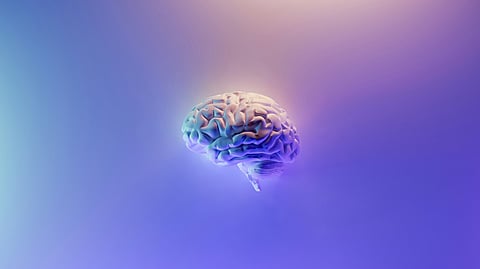This research aims to monitor cognitive workload using a wearable cyber-physical system (CPS) with a novel magnetocardiography (MCG) sensor. Built by Kiourti and her team, the MCG sensor is the first of its kind in a wearable form and is worn on a person’s chest to collect the magnetic fields that are naturally emanated by the heart and associated with brain activity. The CPS system will send real-time alerts based on a child’s brain activity to know the range of levels of cognitive workload they should be exposed to.
The use of a wearable CPS can provide data to guide the clinician’s decisions regarding personalized recovery and, ultimately, when it is optimal time for kids with concussions to resume normal activities. The portable device could be worn as a child begins a return to activity to collect data on their cognitive activity and send alerts in real-time to know if a child is doing more than their brain is ready for.
Kiourti and her team will lead the work to understand the performance of the MCG sensor in real-world settings. Yang will lead the experimentation and evaluation of the sensor by monitoring kids’ cognitive activity. Md Asiful Islam, an associate professor at the Bangladesh University of Engineering and Technology and a former visiting scholar at ESL, will consult both teams on the classification of cognitive workload data from the sensor.


